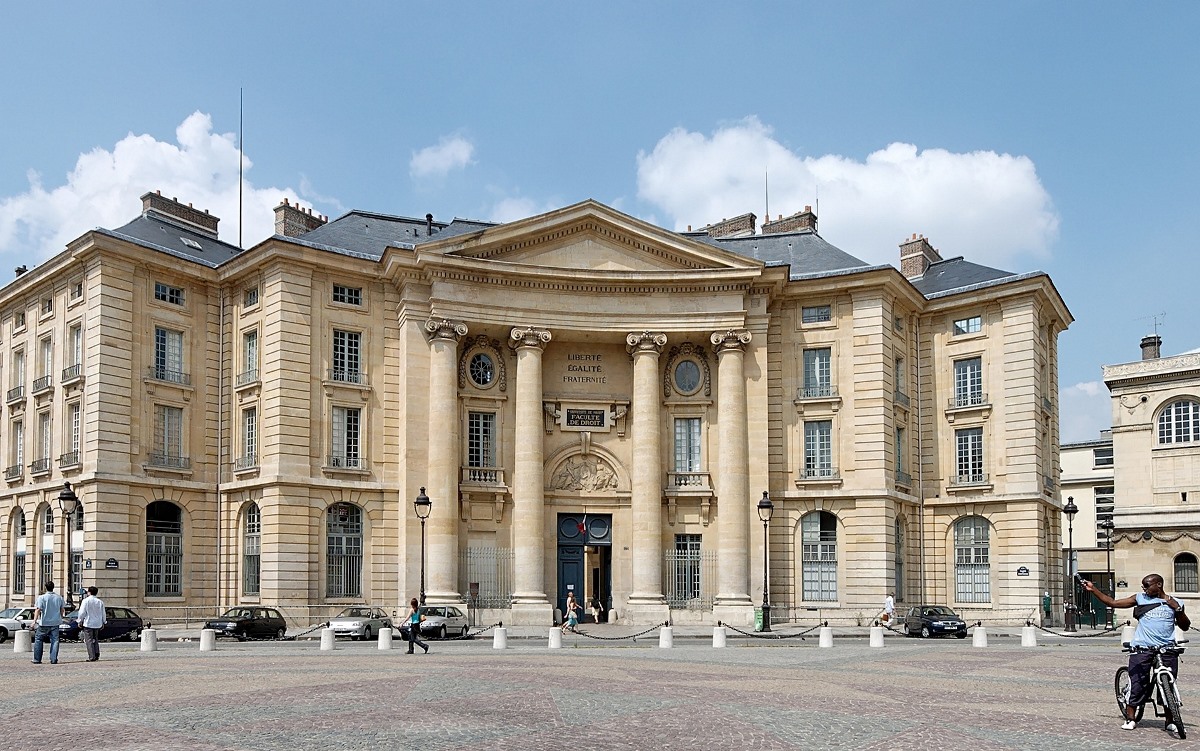Neighbours: Who is Close to HSE in Rankings. Economics
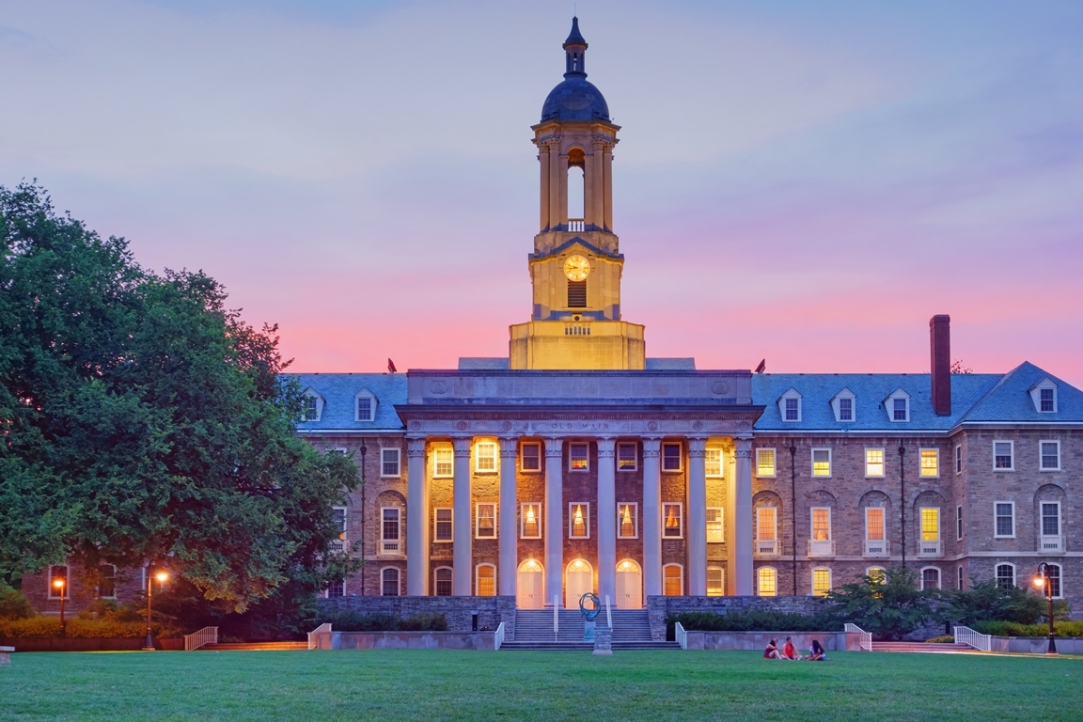
We continue talking about universities that are alongside HSE in the 51–100 group in various subject areas in the QS ranking. Today we have economists speaking about their ‘neighbours in the ranking’.
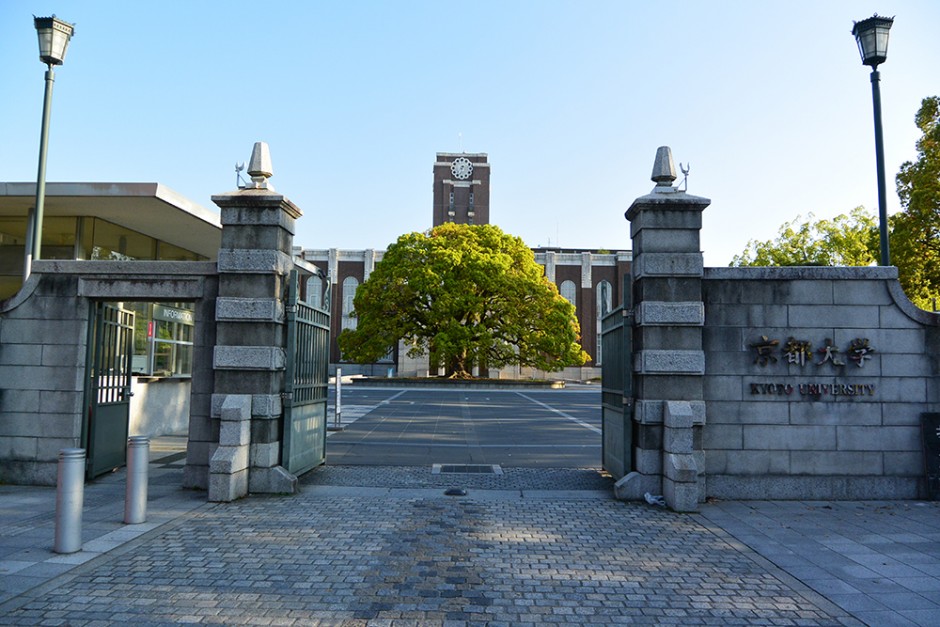
Kyoto University (Japan)
Alexander Karpov, Assistant Professor at the Faculty of Economic Sciences
Kyoto University is one of Japan’s leading and oldest research universities. The university campus is located close to the city centre and includes both century-old buildings and modern facilities. The university emblem is a big camphor tree, which grows at the entrance to the campus.
The university has a long tradition of internationally recognized economic research. Since 1926, Kyoto University has published the English-language Kyoto University Economic Review. Since 2005, the university has published the International Journal of Economic Theory.
The main research centre in economics at Kyoto University is the Kyoto Institute of Economic Research, which is located at the university campus, not far from the Faculty of Economics. The institute is HSE’s partner. Satoshi Mizobata, its director, carries out research on Russian economy, and has visited HSE many times to speak at conferences and carry out short-term research. Several HSE scholars have also come to the Institute as visiting researchers.
Research in economics and mathematics is a key area for the Kyoto Institute of Economic Research. The institute employs Masahisa Fujita, founder of the new economic geography; Kazuo Nishimura, Makoto Yano, and Akihisa Shibata, theoreticians of economic growth and nonlinear dynamics; and Atsushi Kajii, theoretician of information economics.
Kazuo Nishimura and Makoto Yano were both students of Lionel McKenzie, founder of the general equilibrium theory, who bequeathed his library to the Kyoto Institute of Economic Research. In addition to books, this library stores a collection of working papers with comments and reviews by Lionel McKenzie and his peers. These papers include works by Soviet economists, which were published in Econometrica journal.
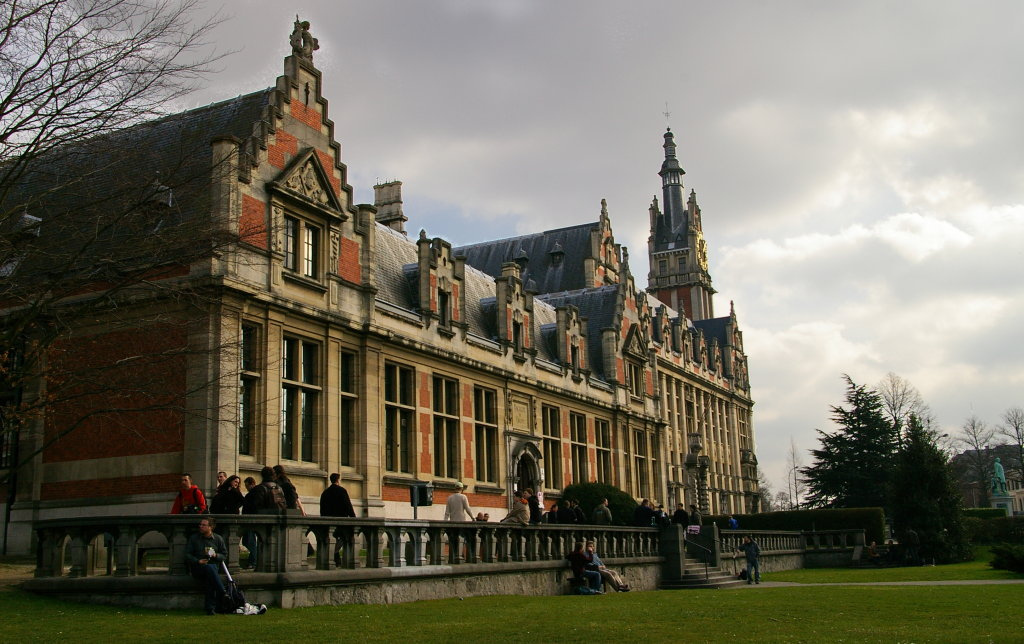 © Photo: Flickr.ru/ Aurore D
© Photo: Flickr.ru/ Aurore D
Université libre de Bruxelles
Sergey Stepanov, Assistant Professor at the School of Finance
The history of the Free University of Brussels started in 1834, and in the 1970s, it was divided into two campuses, a French (Université libre de Bruxelles), and a Flemish one.
The global economic community knows the French-speaking campus mainly thanks to Mathias Dewatripont, a student of Eric Maskin, a Nobel laureate, and expert in microeconomics and contract theory. In 1991, he opened a small research centre in economic and statistics at the university, ECARES (The European Center for Advanced Research in Economics and Statistics), to which he attracted young researchers, who later achieved some outstanding results. The staff is constantly being refreshed, and today, young ‘starts’ are setting the tone there again.
Brussels is very conveniently located, so renowned scholars visit the university as part of their European tours. Nobel laureates in economics regularly speak there.
Brussels is a cosmopolitan city, and no one is surprised that you are a foreigner and speak poor French. The university maintains an international environment, attracting students from all over the world, and while mostly Belgians study at bachelor’s and master’s courses, there are only a few of them on PhD programmes. Université libre de Bruxelles is part of a European university network, so PhD students can spend a year or a half at various universities in France, Great Britain, Sweden, and other countries. The students go for internships at such European organizations as the European Commission and the European Central Bank, and many of them stay there to work.
International students at the university are usually serious and focused on the studies, while Belgians, on the contrary, like to celebrate, make some noise, and participate in protests.
The Free University of Brussels is beautiful. The French campus is small, and includes both old and newer buildings. ECARES moved to a new building five years ago. The campus borders a big park that expands into a forest.
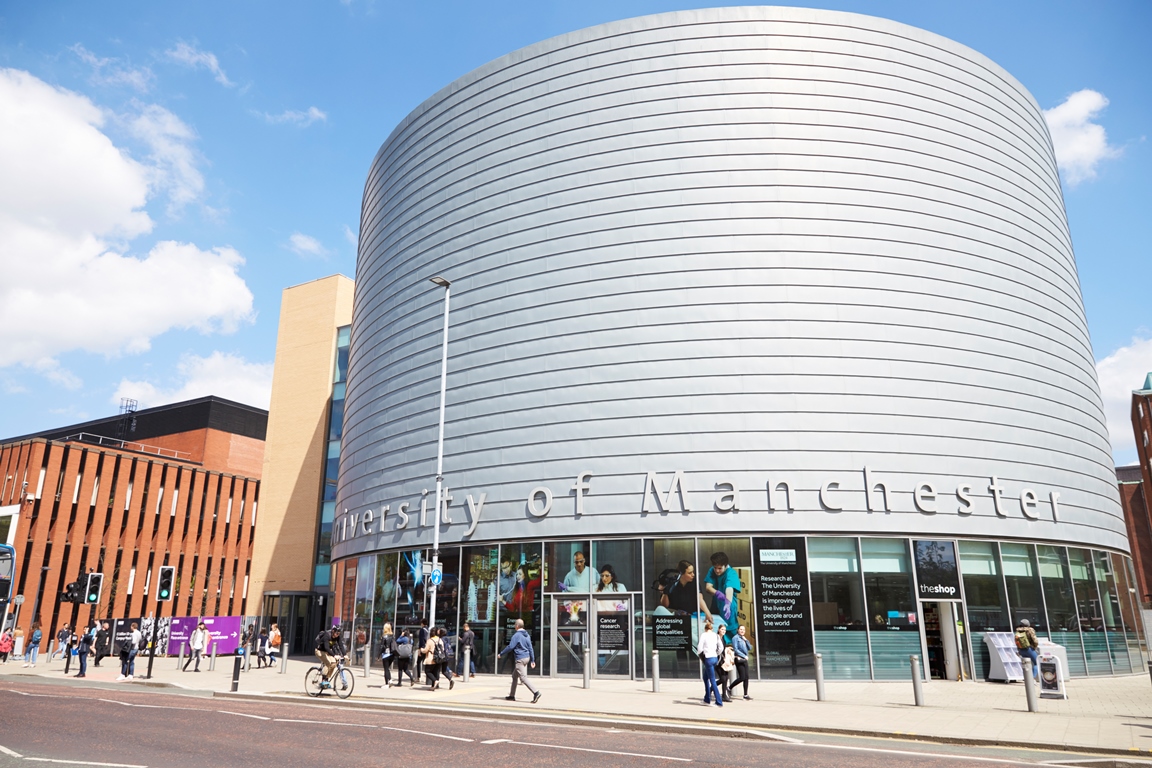
The University of Manchester
Alexis Belianin, Head of the Laboratory for Experimental and Behavioural Economics
The academic communities in Russia and globally know the University of Manchester thanks to its physicists, such as Ernest Rutherford, who developed the atomic model a century ago, and Andre Geim and Konstantin Novoselov, the recent Nobel laureates. But the other research areas are also very strong at this university. The School of Social Sciences, which offers courses and carries out research in economics, is probably one of the ten strongest departments of economics in Britain. It used to employ such Nobel laureates as John Hicks and Arthur Lewis, among others.
I got my PhD from the University of Manchester in 2000, and it has undergone some changes since then. It merged with the Manchester Institute of Science and Technology to become Britain’s largest university in terms of number of students.
The Economics department at Manchester includes subdivisions headed by professors of economics, mathematical economics, econometrics, economic theory, financial economics, and environmental economics. The professor of mathematical economics is Igor Evstigneev, graduate of Moscow State University. I’d also like to mention Prof. Martyn Andrews and Prof. Chris Orme, with whom I was lucky to work with. Today, Prof. Orme heads the whole School of Social Sciences at Manchester. I also believe Leonidas Koutsougeras to be a world-class economist. In addition to professors, the academic staff also includes lecturers, readers, and tutors, with tutors involved only in teaching, not research.
Preparation and defense of theses is carried out in the traditional British manner, which is different from the Russian and the American styles. You are not required to submit articles in journals. You have a small committee, which includes a local university and an external examiner – experts in your respective field. And they seriously ‘brush you through’ your thesis. But a PhD is not a goal in itself. For example, in Britain, someone can have no PhD at all, but be a professor.
Speaking about the University of Manchester and its ties with Russia, I can’t help but mention Teodor Shanin, who worked as Professor of Sociology at Manchester for many years, and thanks to whom I and many of my colleagues studied and did research there. They include Valery Ledyaev, Professor at the HSE Faculty of Social Sciences, Olga Isupova, Senior Research Fellow at the HSE Institute of Demography, Irina Denisova, Professor at the New Economic School, and Alexey Voskresensky, Dean at the MGIMO Faculty of Political Science.
Université Paris 1 Panthéon-Sorbonne
Dmitry Veselov, Assistant Professor at theDepartment of Theoretical Economics
Pantheon-Sorbonne Paris 1 University is one of the world’s oldest universities and one of the largest French public universities, teaching about 40,000 students from over 70 countries.
The Faculty of Economics includes laboratories that carry out high level academic research in macroeconomics, environmental economics, dynamic methods in economics, game theory, collective choice theory, finance, political economy, history of economics, health economics and others. The Faculty regularly hosts international seminars, as well as seminars for doctoral students from other universities.
The master’s students of economics usually have a good background in economics. Most of the courses are taught in English, and the university is attracting more and more international students.
Doctoral students are ‘attached’ to their academic supervisors, not the university. If the academic supervisor takes another job, the doctoral student follows them. The doctoral students can attend a master’s course, as well as specialized lecture courses by visiting professors. The doctoral students are united in teams by the topic of their studies, or unite around professors and carry out their own seminars and reading groups.
At Paris 1, doctoral students spend their full time at the university, working on their thesis, as well as teaching at undergraduate and master’s programmes. Inter-university mobility is very popular, where a doctoral student has two supervisors in different universities and spends up to half of their time in a partner university in Europe or the U.S. Paris 1 has established contacts with American universities, such as Brown University. While most of the doctoral students are French, there are a lot of them from other countries, including Eastern European, the Middle East, Latin American, African countries, and Australia.
HSE and Paris 1 have a long history of cooperation. Michel Sollogoub and Irina Maltseva have played an important role in establishing academic links. Many HSE students have studied at Paris 1 as part of the double degree programme, and some of them proceeded to the university’s doctoral programme, or to ‘cotutelle’ (joint doctoral HSE/Paris 1 doctoral programme). HSE graduates have a good reputation at Paris 1 University.
Paris 1 has recently finished a reorganization, as a result of which many key members of the Faculty of Economics went on to the Paris School of Economics, which has become the largest academic centre in economics in France. The Paris School of Economics employs François Bourguignon, Thierry Verdier, Ekaterina Zhuravskaya, Thomas Piketty and other renowned scholars in economics.
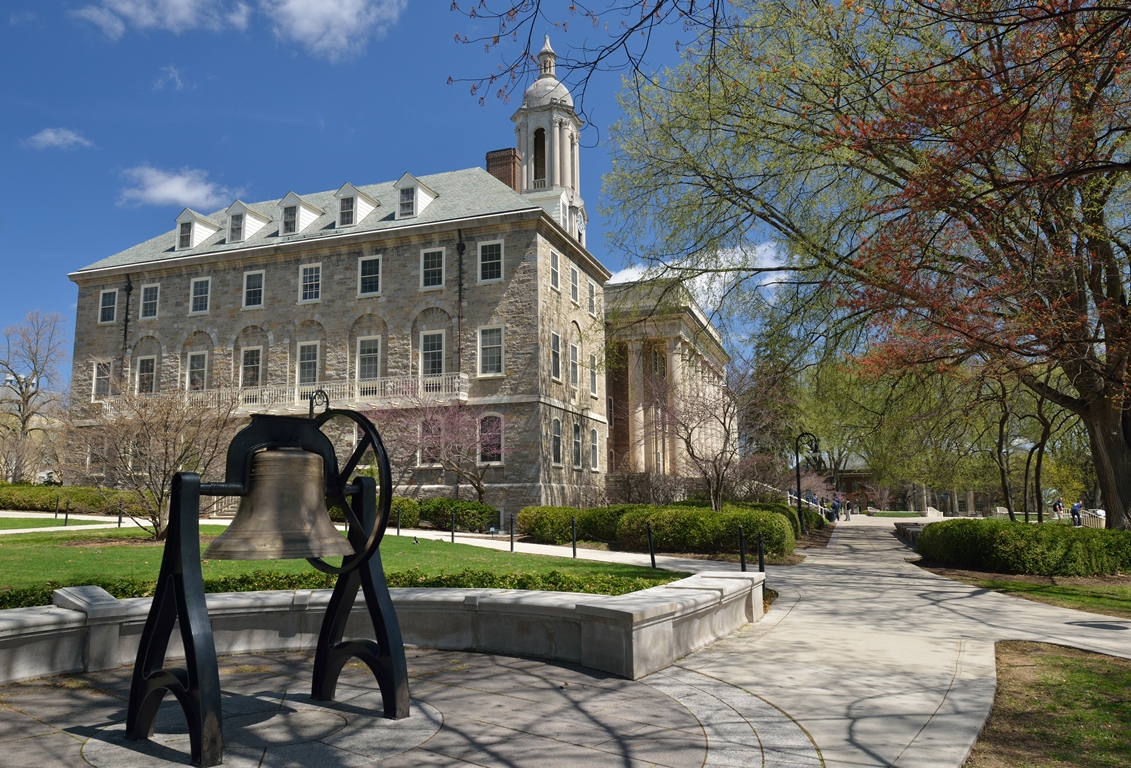
Pennsylvania State University
Roman Zakharenko, Assistant Professor at the International College of Economics and Finance
Pennsylvania State University was founded in the middle of the 19th century and is one of the largest universities in the U.S. It is situated in the middle of the state of Pennsylvania, in State College town, with a population of about 50,000 people – just a little bit more than the number of students. The university is the town’s backbone, so during vacations, it becomes empty, and buses go less often. There are a lot of foreigners among the students, with international students coming from 150 countries.
Pennsylvania State University’s achievements in economics are related to the people who teach and carry out research here. They include Jonathan Eaton, an expert in international trade theory, and Vijay Krishna, author of textbooks on auction theory. It also employs globally renowned scholars who work in econometrics and industrial organization. Visiting professors speak at the department almost every day, including some Russian professors (for example, Konstantin Sonin). When a student comes to the university, they get an opportunity to talk to authoritative experts, they find themselves in a special environment, and everything else depends on their motivation and skills.
Undergraduate learning in economics at Pennsylvania State University is carried out in an original manner. Students attend lectures in big groups (up to 300 people), and there are no workshops at all, they proceed right to exams. If you didn’t understand the topic, you can consult the professor during his office hours – they are much more important than at Russian universities. The university offers an extremely high-class doctoral programme, and most of the students there come from abroad.
Pennsylvania State University has one of America’s best football teams and its own stadium that seats 100,000 spectators. It is packed during the competitions and the whole town changes on such days: roads and parking lots are stuffed with cars. The campus also has smaller stadiums and many swimming pools. An important part of the infrastructure is the five-storey library building, where 90% of the books are in the open collection, so that any stranger can come in and take the book they need.
The campus is surrounded by forests, which are ideal for backpacking and outdoor leisure activities.
See also:
Neighbours: Who is Close to HSE in Rankings. Part 1
Neighbours: Who is Close to HSE in Rankings. Part 2, Sociology
See also:
Pivot to the East: A Comprehensive Study of the Cultural and Civilisational Centres of the Non-Western World is the Top Priority
China and the Chinese world, South Asia, Southeast Asia, the Arab countries, Iran, Turkey, Central Asia and Africa are gaining new significance in Russia’s foreign policy. However, we do not know enough about the Eastern countries. It is necessary to change the priorities in education, starting from grammar school. Prospects for the development of domestic Oriental studies in the context of the new stage in the development of the system of international relations were discussed at a round table at HSE University.
‘I Admire HSE Students’ Eagerness to Learn, to Discuss, to Broaden Their Perspectives’
Robert Romanowski was a ‘Digital Professor’ at HSE University in November 2021. In his interview for the HSE News Service, he talked about the specifics of online teaching, his course on Strategic Branding, and the skills that are essential for marketing professionals today.
Russia and Africa: Time to Expand Cooperation
There is major potential for economic and humanitarian cooperation between Russia and African countries. Particularly, Russian organisations and universities can help transfer competencies and knowledge in the fields of agriculture, energy, industrial production, environmental management, climate change, and public administration. Experts and representatives of African embassies in Russia discussed these issues at the round table ‘Russia-Africa Sharing Knowledge’ hosted by HSE University.
The Brain in Space: Investigating the Effects of Long Spaceflights on Space Travellers
As part of an international project conducted with the participation of Roscosmos and the European Space Agency, a team of researchers used differential tractography to analyse dMRI scans ofcosmonauts’ brains and found significant changes in brain connectivity, with some of the changes persisting after seven months back on Earth. The paper is published in Frontiers in Neural Circuits.
HSE University-Perm and the Training Centre of the Uzbek Ministry of Finance Sign Cooperation Agreement
HSE University in Perm has become the first academic partner of the Training Centre under the Ministry of Finance of the Republic of Uzbekistan. The parties have signed a cooperation agreement in education and research.
HSE University Strengthens Ties with Netherlands in Agricultural Research and Education
On November 9, 2021, HSE University signed a memorandum of understanding with Wageningen University & Research, a major university in the Netherlands and one of the leading agricultural research institutes in the world. Participants of the signing ceremony included HSE University Rector Nikita Anisimov, President of the Wageningen University & Research Executive Board Professor Louise Fresco, and Dutch Ambassador to Russia Gilles Beschoor Plug.
The Majority of Russians Do Not Support Microchip Implants
The majority of Russians would not agree to being fitted with microchip implants for any purposes—medical or otherwise. A joint study conducted by HSE University’s International Laboratory for Applied Network Research and Aventica found that respondents believe the risks of personal data leaks and misuse to be too high.
‘We Can Now Say That the Finance Conference Is Global’
The 10th International Moscow Finance Conference, organized by HSE ICEF, took place on October 29–30 online. Vladimir Sokolov, Head of the International Laboratory of Financial Economics, which hosted the conference, talks about the participants, the key presentation topics and how they will impact the global economy.
HSE University Scholars Study Green Transition Risks and Greenhouse Gas Emission Regulation
The UN Climate Change Conference is taking place from October 31 to November 12 in Glasgow. The conference focuses on preventive measures against the catastrophic and irreversible consequences of rising average global air temperatures. Igor Makarov, Head of the HSE Laboratory for Economics of Climate Change, will be taking part in the Glasgow conference. In the following interview, he speaks about the pressing problems Russia and the world are facing, and the research HSE scholars are doing on climate change.
Applications to Speak at eSTARS 2021 Conference Accepted Until November 15
HSE University and Coursera are bringing together the world’s leading researchers, professionals, education and technology leaders, and business community representatives for the fourth international research conference eLearning Stakeholders and Researchers Summit 2021 (eSTARS). This topic of this year’s summit, which will run from December 1–2, 2021,is ‘Digital Transformation: Global Challenges to the Education System’.


